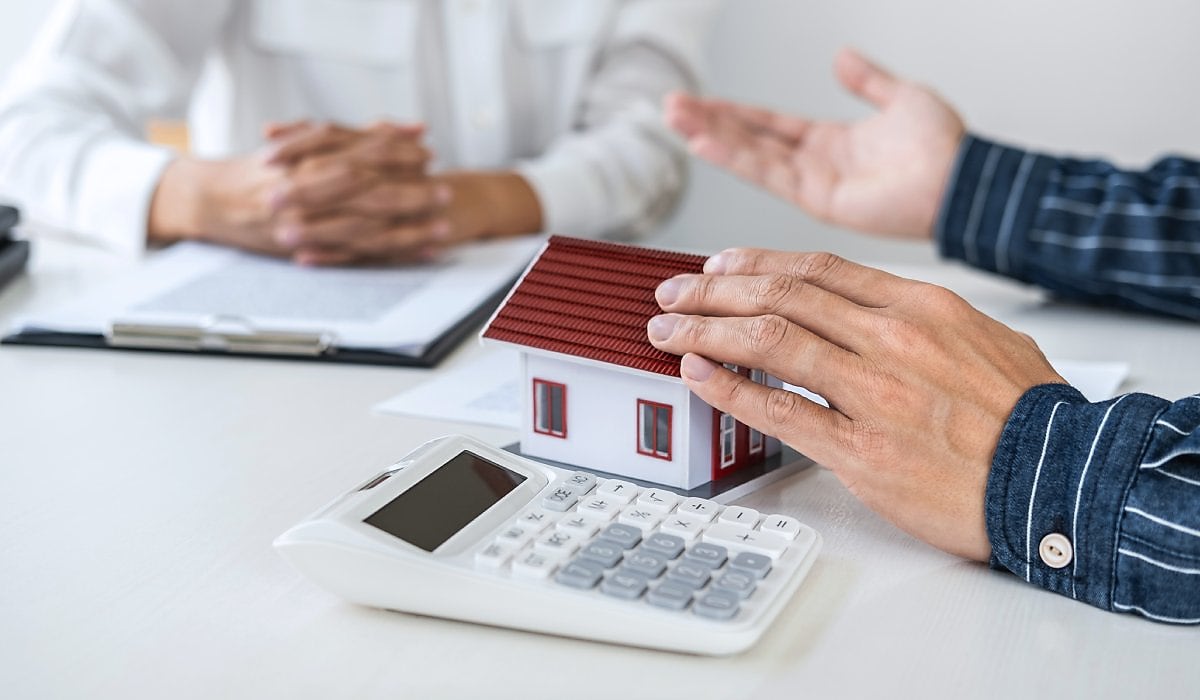5 essentials for an accurate property appraisal
I realised that a real estate purchase is often about more than just price, but in most cases the end figure is regularly viewed as the ultimate arbiter of success.

Property advisories like ours are involved in appraising the likely sale price of hundreds of properties each year. It’s a lynchpin number when making an offer or determining your auction strategy. In fact, we recently completed an analysis of more than 100 confirmed sales which revealed our team’s pre-sale appraisals were, on average, just 0.4 per cent away from final contract prices.
There’s another good reason for ensuring you have an accurate appraisal. It’s to determine whether you should proceed with an offer or walk away from a listing. For example, we were recently asked by a client with an $860,000 limit about a property they liked with an advertised price range of $830,000 to $890,000. They had already spent three weeks getting prepared to make an offer. They’d paid for legal advice and were about to spend $700 on the building and pest inspection.
We ran our own numbers, and they indicated the property would sell for around $950,000, which was obviously well above the advertised figures. To confirm our suspicions, we spoke to the agent. He revealed several offers were already tabled, and the seller now wouldn’t look at anything under $900,000. If only that client had come to us first! We could have saved them plenty in now wasted professional fees.
So, why are our assessments more accurate than many others? Well, I put it down to five key elements that must be applied when assessing value.
- Experienced analysts
Having people with the experience and expertise to correctly assess value is a great starting point. We employ professionals who have made value assessment their careers. They have seen a range of market cycles and will understand the drivers that make one property more or less valuable than another.
In appraising value, using an expert is an immense advantage.
- Unemotional analysis
This is where many everyday buyers come unstuck. They become enamoured with a property and will have a hard time looking past their feelings when trying to fix a price.
It’s called “confirmational bias”. This is when you choose to rely on information that most supports your pre-determined opinion, while discounting or ignoring any evidence to the contrary. If you find a home you love, chances are you will talk yourself into thinking it’s worth more than it is in reality.
- Strong comparable sales evidence
Professionals know what comparable sale characteristics are important when determining value. They can select the ideal comparable sales for an assessment. These will be recent, similar sales that are “arm’s length” transactions reflective of the current market.
Once they have the right sales, an experienced professional also knows how to correctly balance the relative advantages and disadvantages of each sale against the characteristics of the subject property. A professional will have a feel for how much more, or less, an average buyer will pay for one property as opposed to another.
- Comprehensive data
Along with comparable sales, professional assessors know there’s a range of metrics that will be useful to the pricing process.
Data such as days on market, buyer depth, listing numbers and auction clearance rates in specific markets are just a few of the figures worth checking out. These metrics help describe the overall supply and demand balance, and will be a guide on how fast particular property types are selling and how many people are competing for them.
- Current buyer sentiment
This is what I consider the X factor that sets professional advisory assessments apart from most others – it’s that we can allow for the machinations of the current market.
By using experience and knowledge, you can make a quantitative judgement call on how the market will react to a property, and what that means for price. This encapsulates things such as fear of loss in terms of replicating that asset.
I’ll give you an example. Let’s say you’re appraising a listing and all the comparable sales over the past three weeks traded for approximately $500,000. If you rely purely on comparable sales evidence, then your initial thoughts will be that this listing also should sell for $500,000.
But you then look at the numbers in detail and they show there were four listings that sold within the one week with multiple bidders vying for them. This week, however, there’s no stock apart from this one listing and there are still plenty of buyers looking to purchase. Under those conditions, your property will likely exceed a $500,000 end price. People have missed out and there are no other options, so the collective will push the price up.
In contrast, when a property valuer does an assessment for a lender, they are locked into a pre-determined set of rules that may not include current buyer sentiment. Advisory services like ours can determine a true sale price without being hamstrung by lender guidelines. We can weigh up market sentiment and set our estimates on what’s occurring on any given day.
When it comes to determining value for the purposes of purchase, all factors need to be studied. More than that, their analysis requires a keen, experienced eye. Understanding what price a property will realistically sell puts you well ahead when acquiring a property that meets your needs.
Scott Aggett is the founder of Hello Haus, a team of specialist property analysts and negotiators.
